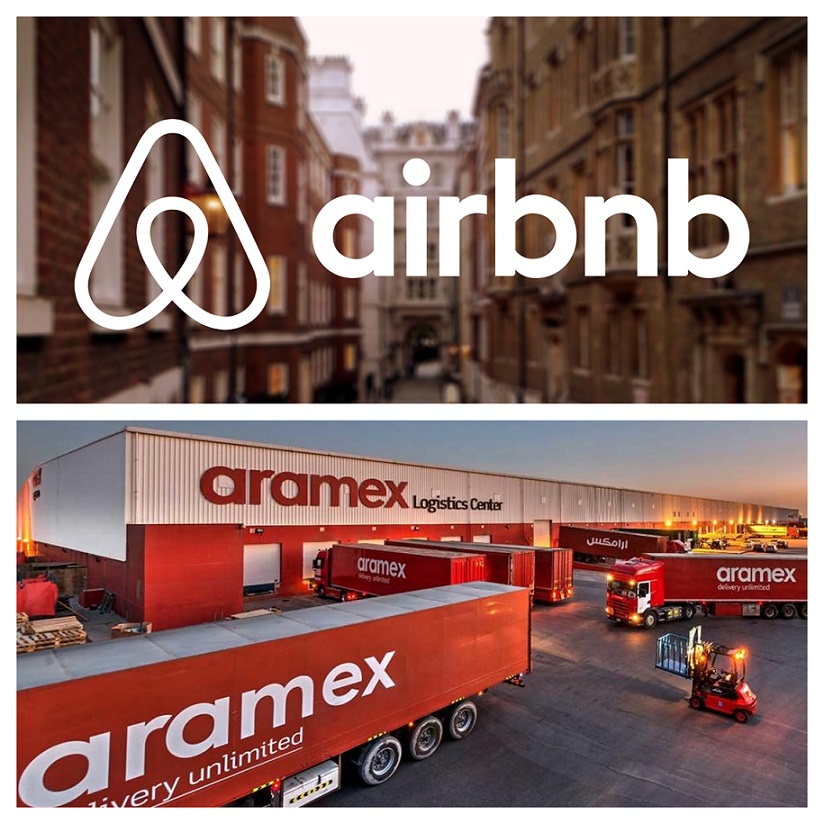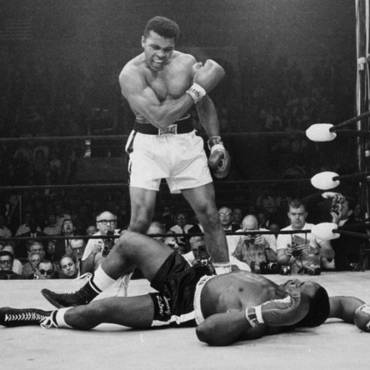Both Aramex and Airbnb had humble beginnings and went through all the struggles of a start up. Aramex grew from a regional express courier company to a global provider of transportation and logistics services. Airbnb went from two friends trying to find a roommate to becoming one of the largest online listing and accommodation booking website.
- Turned down for investment:
In 1984, Fadi Ghandour along with his partner Bill Klingson wanted to sell 50% of Aramex to Airborne Express for $100,000. In 1996, Airborne bought a 9% ownership in Aramex for $2 million. Aramex’s market capitalization is now valued at $900 million.
Airbnb Co-founder Brian Chesky was famously turned down by seven Silicon Valley Venture Capitalists. He resorted to selling Obama and Mc Cain cereal boxes, at $30 a box, during the presidential elections as an alternative means to raise funds. Now, Airbnb is valued at $1 billion which means that those seven big Venture Capitalists missed out on a game changing opportunity. - Not owning assets:
In its early years, Aramex did not own trucks, warehouses, and office buildings. It used a non-asset-based business model that rented or leased all those capital intensive assets. Instead, Fadi Ghandour wanted to focus their limited capital in IT, growing their business, and expanding into new markets. With around 500,000 rooms Airbnb is on track to be the world’s largest hotelier without owning or operating a single hotel. - Technology:
Through Aramex’s partnership with Airborne, they had access and could utilize Airborne’s package tracking software. The software was the cornerstone for a courier package company. It also enabled them to receive business from the Overseas Carrier Express Alliance whose members were all using the same software.
Airbnb made it easier for bed and breakfast owners to set up a profile, receive payments and gain customers. Otherwise, a small hotelier owner would have to build their own website, maintain it, advertise for it, and set up a billing system. Instead of competing on Google search rankings for whoever is searching, Airbnb created a whole social network of people who want room and board and a tourist experience. - Not competing directly with the bigger players:
Both companies did not compete head to head with their much bigger competitors who would have crushed them. Instead, they opted for creating niches and cooperation. Aramex was part of the Overseas Carrier Express Alliance who would deliver each other’s packages in their respective regions. Airbnb hired expert photographers to showcase the rooms and they screen their hosts to make sure they provide the right experience for their guests.
At the end of the day, it was not just their strategy of a non-asset based business model that made successful. It was their dedication to growing their business, improving their service and taking care of the customer and their employees. They had the right product, at the right time, at the right price supported with great customer service.





Add Comment